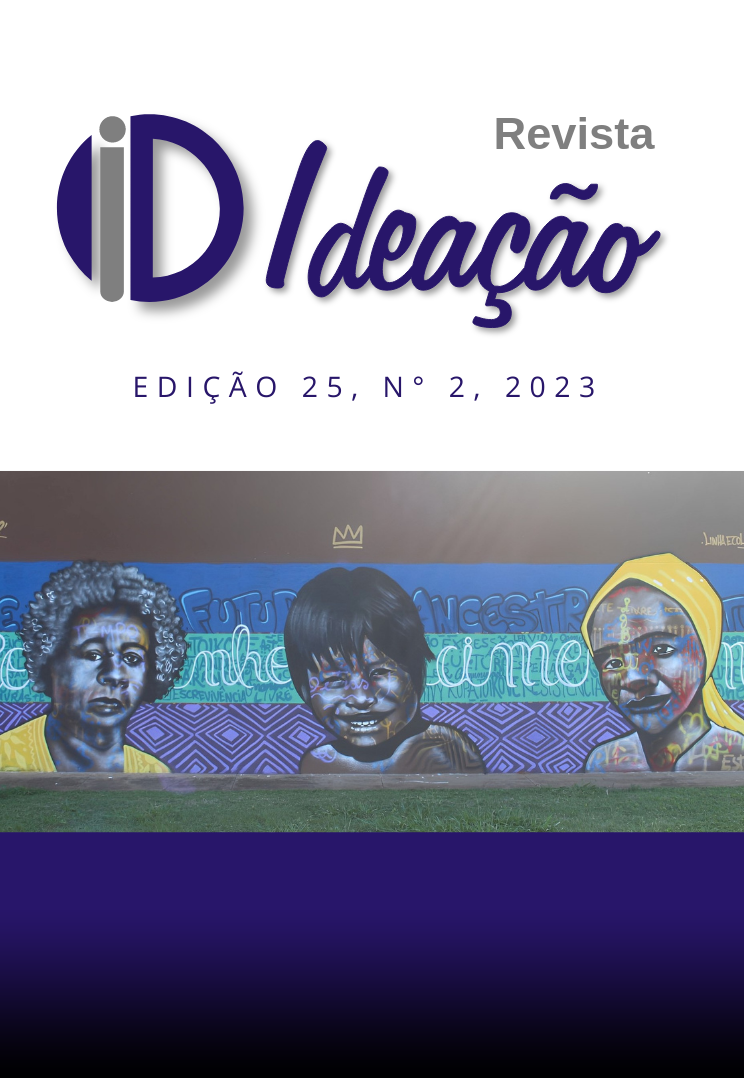Literature as a system: The case of Guinean Literature
DOI:
https://doi.org/10.48075/ri.v25i2.30094Keywords:
Guinean literature, Literary system, Tony Tcheka, Antonio CandidoAbstract
Antonio Candido, in his emblematic theory on literary formation, conditions the existence of a literary system as five factors in dynamic and dialogic interaction, divided into two groups. The two “internal denominators” are a common language and themes that express the aspirations and identity of a collectivity. The three “psychosocial denominators” consist in authors who are aware of their role, an audience for the authors' productions and a literary language that is concretized in works. In this work, it is identified that the internal denominators are the “Guinean-Portuguese language” and the themes permeate the representation of Guinean and Guineanity. Tony Tcheka is then made as an author represented in the representation of the Guinean and his identity (that is, Guineanity) through his art ethics, an engagement that gave him the title of greatest name in Guinean poetry. From the analytical language, based on Candido's postulation, it is concluded that Guinean literature is indeed a system, but it does not materialize in a language only. It began to be constructed from the advent of the liberation struggle or a little before and was consolidated with the publication of the collection Mantenhas para quem luta (1977).
Keywords: Guinean literature, Literary system, Tony Tcheka, Antonio Candido.
Downloads
Published
How to Cite
Issue
Section
License
Copyright (c) 2023 Direitos partilhados conforme licença CC BY-NC-SA 4.0

This work is licensed under a Creative Commons Attribution-NonCommercial-ShareAlike 4.0 International License.
Authors who publish in this journal agree with the following terms:
1. Authors maintain copyright and grant the journal the right of first publication, with the work simultaneously licensed under the Creative Commons Attribution License that allows the sharing of the work with recognition of authorship and initial publication in this journal.
2. Authors are authorized to assume additional contracts separately, for non-exclusive distribution of the version of the work published in this journal (e.g., to publish in an institutional repository or as a book chapter), with acknowledgment of authorship and initial publication in this journal.
3. Authors are allowed and encouraged to publish and distribute their work online (e.g., in institutional repositories or as a personal page) at any point before or during the editorial process, as this may generate productive changes, as well as increase the impact and citation of the published work (See The Effect of Free Access).
Creative Commons License
This work is licensed under a Creative Commons Attribution-Noncommercial-ShareAlike 4.0 International License, which permits sharing, copying, distributing, displaying, reproducing, the whole or parts provided it has no commercial purpose and the authors and source are cited.


